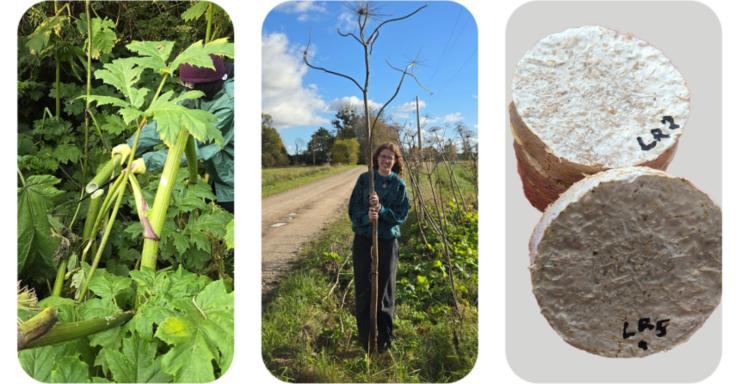Since 2019, Latvia has been part of the European Open Science Cloud (EOSC), initiative, which represents a significant contribution to the development and utilization of modern research data management technologies and the integration of Latvian science into the international ecosystem. EOSC provides a secure and open platform for storing, processing, and reusing data, thus fostering collaboration and innovation. Supported by the Ministry of Education and Science, a National EOSC Node is planned to be established in Latvia to enable researchers and entrepreneurs to use state-of-the-art tools for secure data processing, access international data spaces, and participate in Europe's top research projects.
The establishment of a National EOSC Node in Latvia is a strategic investment aimed at strengthening the excellence of Latvian science. It will serve as infrastructure and a secure environment for local researchers to access and share well-managed research data, data processing tools, and digital research services. Open access to research data significantly promotes innovation, improves public services, and drives economic growth. Open access means research data can be reused by scientific communities and businesses and leveraged for training artificial intelligence and machine learning models.
"Latvia's participation in in EOSC is not only an opportunity but a necessity to promote efficient research data management and open science practices. It provides access to international resources and collaboration opportunities essential for strengthening our competitiveness in the global science and innovation environment and preparing for the next EU research and innovation framework program," emphasizes Sarmīte Mickeviča, representative of the EOSC Steering board and senior expert in digitalization at the Ministry of Education and Science.
The project is expected to be implemented across all Latvian scientific institutions by the end of 2029, with total costs reaching nearly 20 million euros, a substantial portion of which will be funded by European funds. The National EOSC Node services will be provided by the The Higher Education and Science Information Technology Shared Service Centre in collaboration with the Ministry of Education and Science and four scientific universities.

EOSC is a strategic platform promoting the digital transformation of European science by ensuring access to open scientific infrastructure, data, and tools. It strengthens the research and innovation environment and enhances collaboration among scientists, industry, and society.
Alongside other European countries, Latvia is investing in this strategic infrastructure by establishing a National EOSC Node, thereby creating new development opportunities for Latvian researchers and contributing to Europe's digital future. This will also foster cooperation with other member states to achieve shared European goals in science and technology.
To fully benefit from the implementation of the EOSC initiative at the national level and harness its advantages, establishing a National EOSC Node is not enough. Connectivity with other EOSC nodes and European data spaces must also be ensured. The National EOSC Node will act as Latvia's central point for creating a research and innovation data space, providing access to European data spaces and resources, and facilitating the involvement and training of local researchers. The infrastructure and connectivity of the National EOSC Node will comply with cybersecurity requirements and include technical cybersecurity services.
Latvia's participation in EOSC also promotes interdisciplinary knowledge transfer, the commercialization of research results, and the development of data-driven policies. Additional investments will ensure Latvian research organizations access European data spaces and support the development of new collaborative projects.
About the European Open Science Cloud (EOSC)
EOSC is a Europe-wide initiative aimed at ensuring the accessibility, security, and reusability of research data, promoting open science and innovation. The EOSC platform is used by more than 2,000,000 researchers and over 800 European universities. In Latvia, the platform's target audience includes researchers representing research organizations, universities, government institutions, and private businesses.


